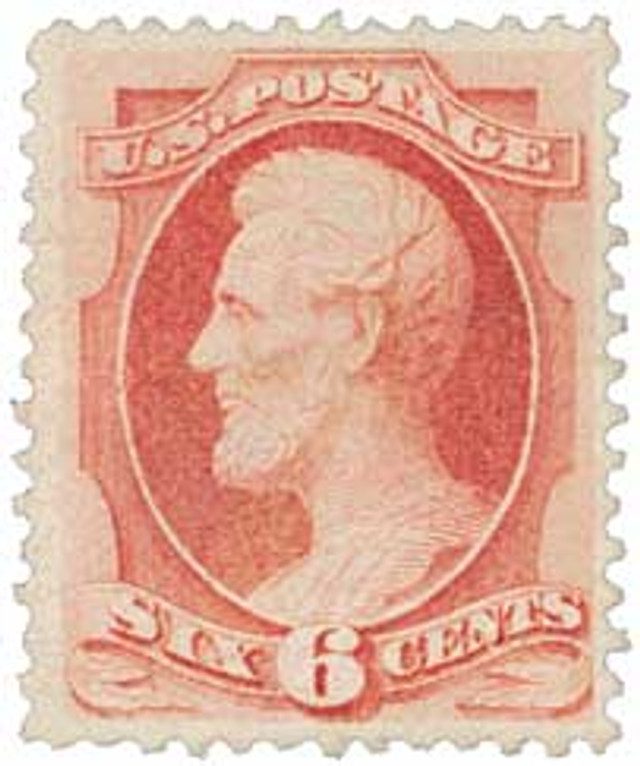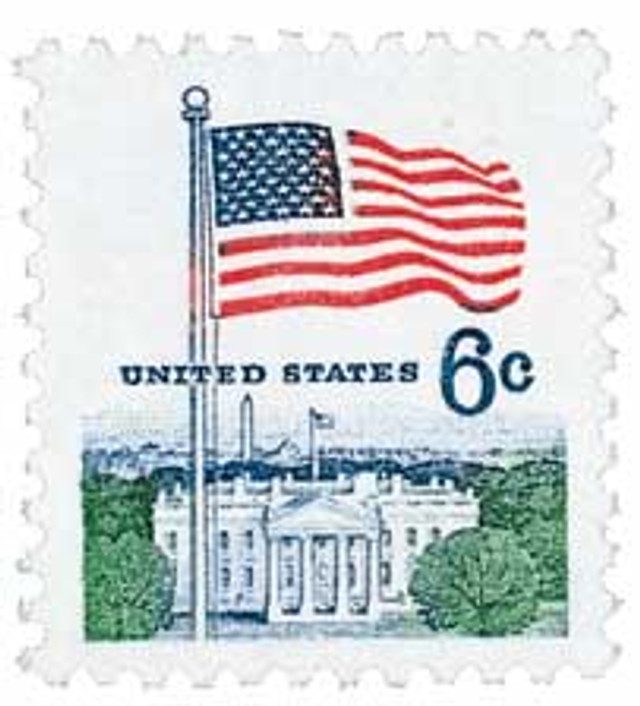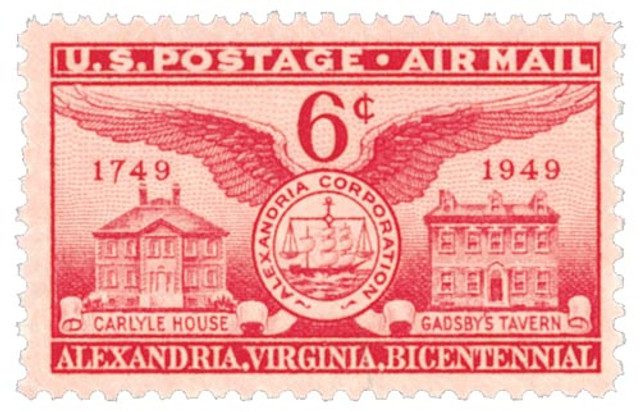On May 24, 1861, Colonel Elmer Ellsworth, a close friend of President Abraham Lincoln, became the first Union officer to die in the Civil War. “Remember Ellsworth” soon became a popular rallying cry for the Union.
Born on April 11, 1837, in Malta New York, Elmer Ellsworth moved to Springfield, Illinois, in 1860 to work in Abraham Lincoln’s law office. The two became friends and Ellsworth eventually helped Lincoln win his campaign for president. Ellsworth was also a drillmaster of the Rockford Greys and colonel of Chicago’s National Guard Cadets.
When President Lincoln called for 75,000 new recruits at the war’s start, Ellsworth raised the 11th New York Volunteer Infantry Regiment. Also known as the Fire Zouaves, they were recruited from New York City’s volunteer firefighting companies. Ellsworth wanted New York firemen, “for there are no more effective men in the country.” He formed his regiment in a matter of days and chose the Zouave (an elite battalion of the French Army) uniforms after learning about them from his fencing instructor.
In May 1861, the 11th New York was sent to occupy Arlington Heights and Alexandria, Virginia. On May 24, 1861 (the day after the state seceded), Ellsworth led his men into the recently captured city. On his way to take the telegraph office, Ellsworth noticed the giant Confederate flag atop the Marshall House Inn, which was visible from Washington, DC. He and his men entered the inn and removed the flag. But as they descended the stairs, Ellsworth was shot and killed by the inn’s secessionist owner.
Ellsworth was immediately avenged by Corporal Francis Brownell, who shot and stabbed the innkeeper in the chest with his bayonet. Brownell later became the first person in the war to receive the Medal of Honor. Ellsworth and the innkeeper were both considered martyrs to their respective causes. The city of Alexandria would remain under military occupation for the rest of the war.
Saddened by the loss of his friend, President Lincoln ordered Ellsworth’s body be brought back to the White House to lay in state. He was then moved to New York City’s City Hall where thousands came to mourn the first officer to die for the Union cause. Ellsworth’s death sent shockwaves through the Union and “Remember Ellsworth” became a popular Union rallying cry, inspiring new enlistments. In fact, one unit established that summer, the 44th New York Volunteer Infantry Regiment, called themselves “Ellsworth Avengers” and “The People’s Ellsworth Regiment.”

Ellsworth’s regiment, the 11th New York, next fought in the First Battle of Bull Run. There, they repeatedly charged Henry Hill to retake Union cannons and managed to recover the lost flag of the 69th New York. They went on to help suppress the New York City draft riots and were transferred to the 17th Veteran Infantry Regiment.
After the incident, soldiers and collectors removed items from the Marshall House Inn. President Lincoln kept the captured flag, which his son Tad often played with. The flag was alter passed to Brownell, and after his death, his widow sold pieces for $10 and $15. Most of the flag is on display today at the New York State Military Museum and Veterans Center in Saratoga Springs, where Ellsworth’s uniform is also displayed. Ellsworth is the namesake of towns in Wisconsin, Michigan, and possibly Iowa, Kansas, and Utah.
| FREE printable This Day in History album pages Download a PDF of today’s article. Get a binder or other supplies to create your This Day in History album. |
Discover what else happened on This Day in History.




Thank you Mystic. I had never heard of this officer and appreciate the Civil war History lesson.
Maine also has a good city named Ellsworth, where I live. RWB